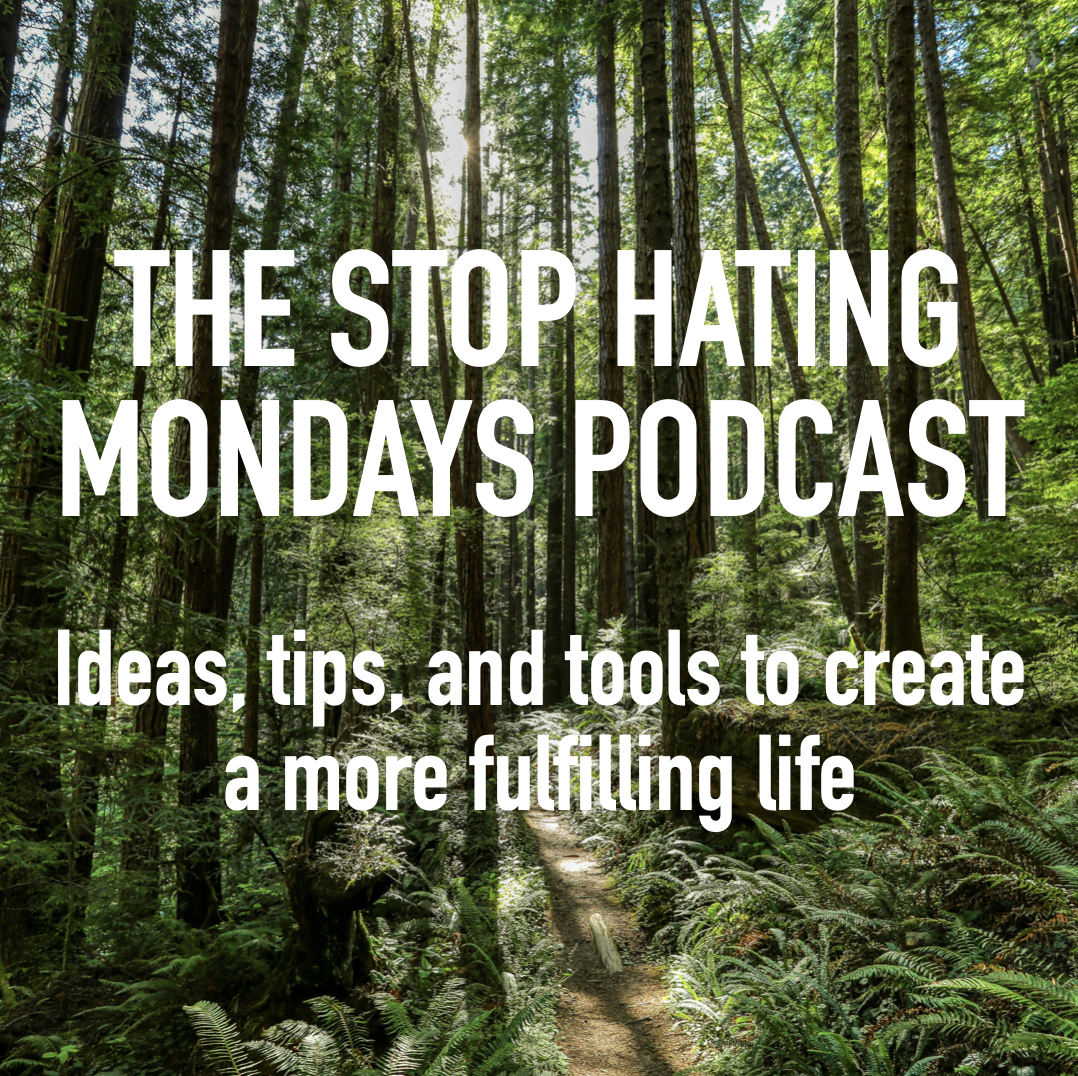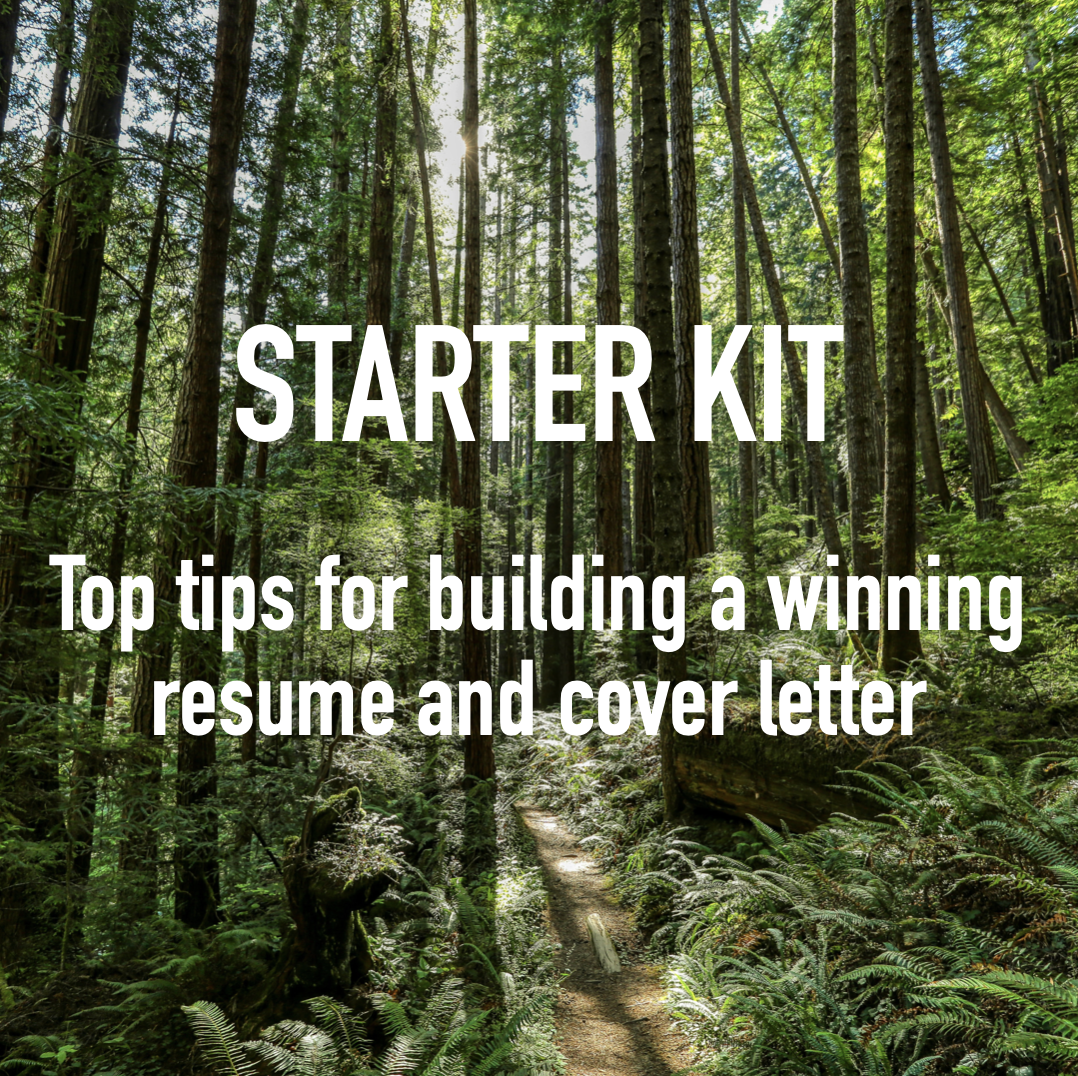How to Think About Cover Letters
Kent R.
Cover letters are often derided.
That's probably because so many are terrible, boilerplate statements that no one wants to write and no one wants to read.
But that doesn't mean that cover letters don't have value and, when executed well, don’t play a key part in the recruiting and hiring process.
On this episode of the Stop Hating Mondays Podcast, we're answering a few questions about cover letters and hopefully helping people better understand their value.
TRANSCRIPT
(Transcripts are auto-generated and may contain minor errors)
Kent
Cover letters are often derided.
That's probably because so many are terrible boilerplate statements that essentially had no real value and no one wants to write, and thus no one wants to read.
But that doesn't mean that cover letters don't have value, and when executed well, can't play a key part in the recruiting and hiring process.
On this episode of the Stop Hating Mondays Podcast, we're answering a few questions about cover letters and hopefully helping people better understand their value.
I'm Kent, here with Caanan, and you're listening to the stop hating Mondays podcast.
Kent
Question from Eric.
“I'm ready to move to the next level in my career. How do I create a cover letter that tells my story?”
Caanan
Well, you know, as you've alluded to or said in the intro, a lot of people hate cover letters, and so I'm just glad that Eric wants to write a cover letter because so many people nowadays believe that they don't need to. And, well, because they don't want to, they believe that companies don't want to see them, and so they don't write them.
Kent
Yeah, you know what?
That is a topic for a completely different podcast season. You're just saying that made me think of a million things I want to say, OK?
Caanan
Take a note, take a note. So, I'm glad that Eric's asking this question and that he wants to write a cover letter that – what did he say? – tells his story.
Kent
Yeah, so why are they important?
Caanan
Well, cover letters are important and still appreciated – as we'll get into in a different podcast – because you can use a cover letter to tell a potential employer that you understand the company that you want to work for, you understand the job that you're applying for, and that you're a fit both from a qualification standpoint and from a cultural standpoint.
Kent
Perfect.
Caanan
And why anybody would want to pass up the opportunity to do that is beyond me. But, as you said, we'll get into it in a different podcast.
So how can he write a cover letter that tells his story?
Well, I'm going to keep it really simple and essentially just repeat what I just said.
Use the cover letter to tell the employer that you know a little bit about the company. You're not just applying to any company; you're applying to this specific company.
Use the cover letter to let them know that you understand the job. Ideally, how the role you're applying for fits into the company and the impact you can potentially make in that job.
And use the cover letter to show that you fit for both of those things – you are qualified for the job and you align with the company culture.
Kent
Yeah, show them in the letter you succeeding in the position.
Caanan
Perfectly said.
Kent
Ok. We get into lots of debates about cover letters and as it turns out thank you letters, but.
Caanan
…Oh, don't even start on thinking.
Kent
Yeah, I'll take my own advice and we have to stick to cover letters.
It's kind of a hot button issue in the employment realm. So, should cover letters ever go rogue?
Caanan
Should cover letters ever go rogue?
Kent
Yeah, it's a question we got.
I mean, I don't even know what go rogue means, but I think it means just…I think a lot of people want to tell it – like Eric even used the word story – I think there's this thing happening where people want to tell their story, so that's going wrong.
Caanan
Oh yeah, maybe I misinterpreted Eric’s question because, you're right, a lot of people want to tell their story. And their idea of telling their story would be considered rogue for a cover letter, so I'm going to say this…
If a cover letter that doesn't adhere to the norms of what you're familiar with, if that makes sense, – spoiler alert, it probably doesn't, right – but if it does you will know it and you would not ask that question.
So, if you're in some highly creative field – I can't even think of what it might be right now – where a cover letter… Maybe you're a journalist and you're going to do something that displays your journalism bona fides in the cover letter. That could be a time where “going rogue” could make sense, or you know you're hiring to be a content creator and you're going to do something interesting with that… I'm just riffing here – but when it all comes down to it, 99% of the people who are writing a cover letter are going to want to follow a standard format.
You can be… You can make that kind of interesting, but stick to what readers expect to see.
Kent
Most readers expect to see yes, yes.
Caanan
Most readers expect to see and honor their time.
And it really comes down to honoring time, so keep it clear, keep it concise, and keep it to the point.
Don't make people do a lot of work to try to figure out what you're doing?
Kent
Yeah, follow the lead of the company. Oftentimes there's no need for a debate. Unless the company says don't send a cover letter, send a cover letter following these guidelines. Sometimes you'll have a company that says, you know, here at Basketballs Today, we want to hear the story about how you became a basketball enthusiast. Then you write that kind of rogue specific cover letter, but…
Caanan
Another good point.
Kent
…if those things aren't happening, then stick to what as Caanan said, most people will be expecting and most importantly what will get you the job.
Caanan
Make it easy on yourself and make it easy on the readers.
Kent
OK, so the final thing I want to get into is, I love the wisdom that you share with our corporate and individual clients about when cover letters really do the heavy lifting. Briefly share that wisdom here.
Caanan
Oh yeah, I can keep that quick.
A lot of people think the cover letter is most critical at the beginning of the hiring process, but the opposite is actually true.
It's later in the hiring process – after the company has started to winnow down the amount of applicants and they're starting to make some final decisions they're going to hire – is when the cover letter can really do, as you said, the heavy lifting. That gives them an opportunity at that point to refamiliarize themselves with you as the applicant, and it gives them something to make that final decision on.
Kent
If we were in an auditorium, I would say one more time for the people in the back.



